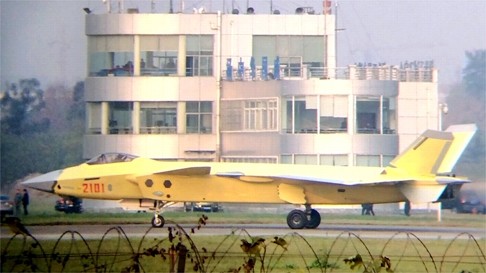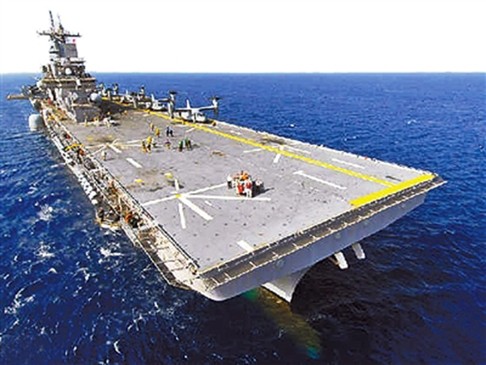
How one of China’s biggest military fan sites crossed ranks into e-commerce
Tiexue.net started out as a forum for PLA enthusiasts, but has transformed itself into a multimillion-yuan business making and selling army-style coats and boots – with the armed police among its customers
The words blood and iron conjure up images of the devastation of war. But type them into a Chinese search engine and you are likely to stumble upon a website for military fans that in its 15 years of operation has transformed itself into a multimillion-yuan business.
Tiexue.net – “iron blood” in Putonghua – has moved far beyond its initial purpose of providing an online platform for junmi, or military fans.
Last November, its holding company, Beijing Tiexue Technology, was listed on the National Equities Exchange and Quotations, an over-the-counter exchange saturated with capital-hungry start-ups.
Beyond the forum, which has itself attracted 10 million registered users since 2001, most of the site’s income now comes from its e-commerce offshoot that makes and sells army-style coats and boots. Not only are the clothes snapped up by millions of junmi, it has also become a supplier to the armed police.

During a road show in December, Jiang Lei, 31, Tiexue’s founder and chief executive, set fire to a fleece that he was wearing to show off its heat resistance. It was one of 5,000 fire suits it is producing for the police’s forest protection crew this year – the first armed forces order Tiexue has received.
“[The armed forces] change outfits every 10 years: the current one dates back to 2005,” Xu Yuan, secretary of the board at Tiexue, said. “It surprised us when they invited us to enter a bid for the contract at the end of last year. And we eventually won [the bid], beating out Beijing Institute of Fashion Technology.”
Xu said the company’s bidding success derived from its experience of manufacturing tactical gear under the “Dragon Tooth” brand that it created in 2012.
“We didn’t have any connections or relationships [to help us secure the contract],” Xu said.
Jiang gave up his plans to study for a doctorateat Tsinghua University to found the company in 2004, after the forum became popular. Yet it was not until 2007 that the company began profiting from its e-commerce business, bringing it back from the edge of bankruptcy.
At first, Tiexue served only mainland Chinese franchises of Western manufacturers, such as Alpha Industries, which supplied clothing to the US military. But, since 2014, sales of Tiexue’s original products have surpassed franchised ones. In that year, Tiexue’s e-commerce section generated more than 87 million yuan (HK$103 million) in revenue.

In 2011, Jiang founded a “humour-sharing” site, Pengfu.com, and in 2013, a fishing site called Diaoyu.com. That proved a costly strategy. Tiexue’s net profit plunged more than 20 million yuan in 2013.
“These sites brought much revenue from ads in a short period,” Xu said. “But we found that based on our current manpower, we could not do so many things.”
Tiexue laid off 30 staff from its gaming department in 2014 and sold both Pengfu.com and Diaoyu.com in December.
Tiexue.net often tops the list of China’s military websites in terms of page views, but has faced criticism for fanning nationalism.
Xie Hong, 57, used to spend at least an hour each day surfing Tiexue.net, but he stopped about two years ago. “Much of the site’s content is based on populism and nationalism,” Xie said.
But an internal poll showed that 16 per cent of users were aged between 16 and 24 – up by 3 per cent from a 2012 poll, Xu said.
“We felt our content wouldn’t be able to meet the interests of the post-90s generation, but the poll shows otherwise,” Xu said.
Tiexue’s latest move is to establish a subsidiary, Iron Horse Media, to focus on military literature, films and television series.
“The question is whether its business model is sustainable,” said Tai Ming Cheung, director of the Institute on Global Conflict and Cooperation at the University of California, San Diego. “It depends on how deep its pockets are, although there is a sizeable audience that is interested

